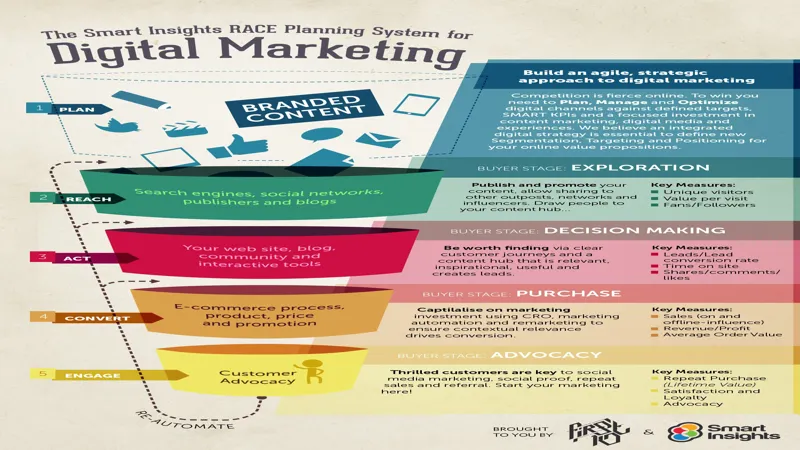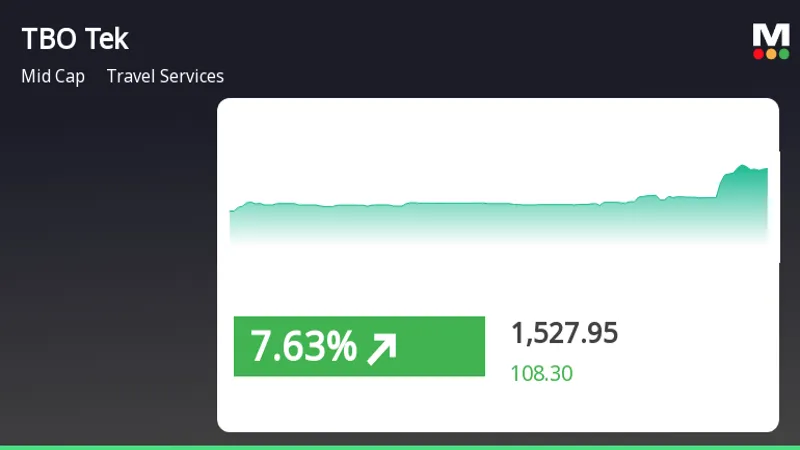In a world where information is just a click away, the ability to discern truth from misinformation has never been more crucial. As technology evolves and the digital landscape expands, individuals find themselves navigating a sea of data, often overwhelmed by conflicting narratives. This introduction serves as a gateway to understanding the importance of critical thinking and media literacy in our daily lives. By exploring key strategies and insights, we can empower ourselves to become informed consumers of information, ultimately fostering a more discerning and educated society.
| Category | Details |
|---|---|
| Animal | Dog |
| Color | Brown |
| Age | 5 years |
| Breed | Labrador |
| Size | Medium |
| Favorite Food | Chicken |
| Owner | John Doe |
The Importance of Teamwork
Teamwork means working together as a group to achieve a common goal. In school, when we work in teams, we can share ideas and help each other learn better. This makes projects more fun and encourages everyone to participate. Good teamwork skills are important not just in school, but also in sports and future jobs. When we learn to work well with others, we can solve problems more easily and make lasting friendships.
Working as a team helps us understand different perspectives. Everyone has unique strengths and talents, which can make the team stronger. For example, one person might be great at drawing, while another is good at writing. By combining these skills, the team can create something amazing. So, when we practice teamwork, we are not only learning to cooperate but also discovering how to appreciate each other’s talents.
Setting Goals Together
When a team sets goals together, it gives everyone a clear direction. Goals help us know what we are working towards and how to measure our success. For instance, if a class wants to win a science fair, they can plan and set goals for experiments and presentations. This way, everyone knows their role and can contribute to the team’s success.
Setting goals also helps to keep everyone motivated. When team members see progress towards their goals, they feel encouraged to keep working hard. Celebrating small achievements along the way can boost team spirit. So, working together to set and reach goals not only leads to success but also makes the journey exciting and enjoyable.
Communicating Effectively
Communication is key in teamwork. It means sharing information, listening to others, and expressing our thoughts clearly. When team members communicate well, they can avoid misunderstandings and work more efficiently. For example, if someone has a question about a project, they should feel comfortable asking for help. Good communication helps everyone feel included and valued in the team.
Listening is just as important as speaking. When we listen to our teammates, we learn from their ideas and experiences. This creates an environment where everyone can speak up and share their thoughts. Effective communication not only strengthens the team but also builds trust and respect among members, making it easier to collaborate.
Overcoming Challenges Together
Every team faces challenges, whether in sports, school projects, or other activities. When difficulties arise, it’s important to remember that working together can help us find solutions. For example, if a team project isn’t going as planned, the members can come together to brainstorm new ideas and strategies. This collaboration can turn a problem into an opportunity for growth.
Facing challenges strengthens a team’s bond. When everyone supports each other during tough times, they build trust and resilience. By learning to overcome obstacles together, team members become more adaptable and skilled. This experience not only helps them succeed in the current project but also prepares them for future challenges in life.
Celebrating Success as a Team
Celebrating success is an important part of teamwork. After completing a project or winning a game, it’s great to acknowledge everyone’s hard work. This can be done through small celebrations like a pizza party or a simple shout-out in class. Celebrating achievements boosts morale and reminds everyone of their contributions.
Additionally, taking time to celebrate can inspire the team for future endeavors. It creates positive memories that team members will cherish. Recognizing each other’s efforts helps to cultivate a supportive environment, ensuring that everyone feels appreciated. This spirit of celebration encourages the team to keep striving for success together.
Frequently Asked Questions
What are FAQs?
FAQs, or Frequently Asked Questions, are common questions people ask about a topic. They help provide clear answers, making it easier to understand important information.
Why are FAQs important?
FAQs are important because they save time and help clarify common doubts. They provide quick answers and enhance user experience by addressing typical concerns.
How do I find answers in FAQs?
To find answers in FAQs, simply look for keywords related to your question. Scan the list to quickly locate the information you need!
Can I ask my own questions?
Yes! If you have a question that isn’t listed, feel free to reach out. Your questions can help improve the FAQ section for everyone.
Where can I find more information?
For more information, check the related sections or articles linked in the FAQ. These resources can provide deeper insights into your topic.
How often are FAQs updated?
FAQs are regularly updated to include new questions and answers. This ensures the information stays relevant and helpful!
Who can benefit from reading FAQs?
Anyone can benefit from reading FAQs! They are designed for individuals seeking quick answers and clarity about a specific topic.
Summary
This content discusses the importance of teamwork and cooperation in achieving goals. It explains that working together allows individuals to share ideas, solve problems effectively, and support each other. The summary emphasizes that good communication and trust among team members are essential for success. Additionally, it highlights how teamwork can lead to better outcomes than working alone and encourages readers to appreciate the value of collaboration in their everyday lives, whether in school projects or sports activities.



